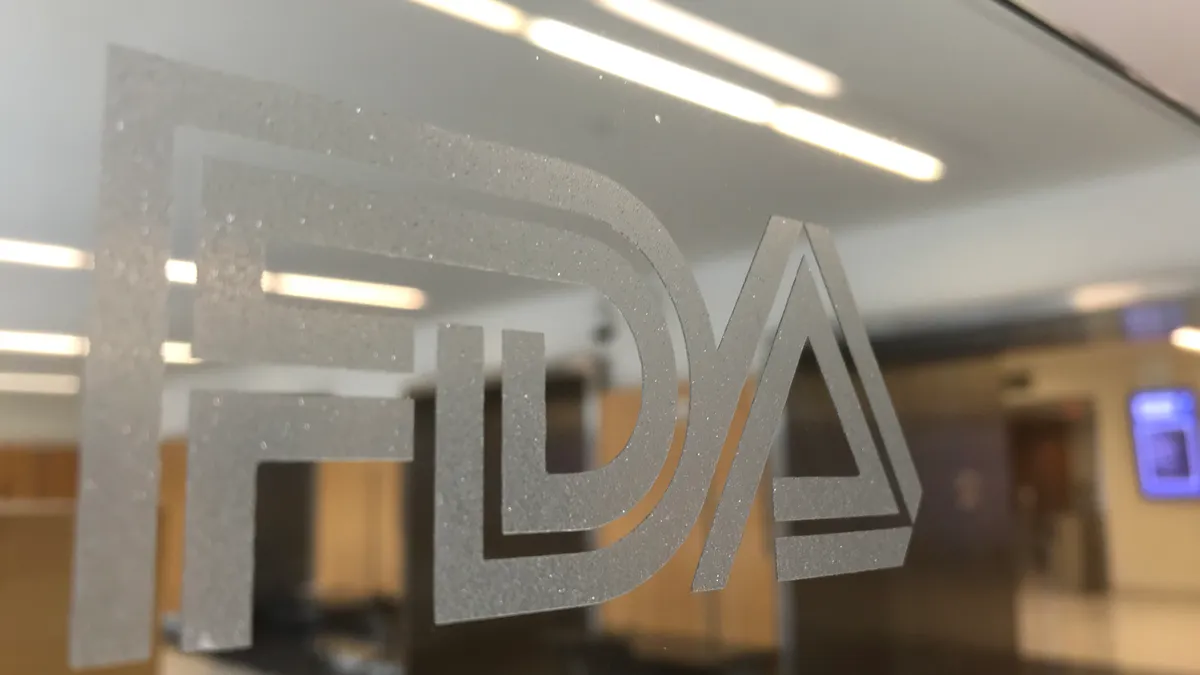Dive Brief:
-
FDA has granted emergency use authorization to a point-of-care COVID-19 antibody test for the first time.
-
The product from Hangzhou, China's Assure Tech, is a lateral flow assay capable of detecting antibodies against the novel coronavirus in fingerstick whole blood samples. Assure previously won an EUA for the test in the lab-based analysis of whole blood, serum or plasma specimens.
- FDA extended the EUA after Assure showed the kit detected antibodies in all tested people with COVID-19 diagnoses in samples taken at least 15 days after the onset of symptoms.
Dive Insight:
FDA has granted EUAs to almost 50 antibody tests during the public health emergency. Many other tests came to market via a self-validation route early in the crisis, leading to criticism of the quality of the products available in the U.S. The test developed by Assure stands out from the crowd of kits with emergency authorization.
The kit comes with the means to clean a puncture site on the finger and a lancet to extract blood from it. A drop of the blood is then placed in the specimen well of the assay. After adding two drops of buffer to the well, the user waits 15 minutes for lines to display in a window on the test.
Those lines indicate whether the patient is positive for either IgG or IgM antibodies, or both. The full implications of the presence of antibodies remains unclear but they may provide some degree of immunity against further infection with SARS-CoV-2. If antibodies were known to confer immunity, a rapid point-of-care test could be used to determine whether it was safe to let someone into a venue or engage in an activity where they may be exposed to the virus.
Assure received emergency use authorization for the fingerstick test after running a study of 42 positive and 113 negative fingerstick whole blood samples taken and tested at three different point-of-care sites. Applied to the 28 samples taken more than 15 days after the onset of symptoms, the test detected IgG antibodies 100% of the time. The test found IgM antibodies in all bar three of the samples.
The test was less accurate when applied to samples taken earlier, detecting antibodies in 83% of the specimens collected eight to 14 days after the onset of symptoms. The finding is in line with the results of other assays and knowledge of the timing of the antibody response against SARS-CoV-2. Assure’s test correctly determined that all 113 of the negative samples contained no antibodies against the coronavirus.
Based on Assure’s data, the test appears to work as well or better than antibody kits that require laboratory analysis, achieving positive and negative percent agreements of 100% for IgG and IgM combined. Many other antibody tests with EUAs score 100%, or just shy of it, but kits with positive percent agreements as low as 90% have won FDA backing.
The small size of the assessments, many of which use 30 positive samples, and potential differences in how they are carried out mean cross-study comparisons may be unreliable. The instructions for the Assure test advise users to consider validating positive results using a different assay to avoid false positives.












